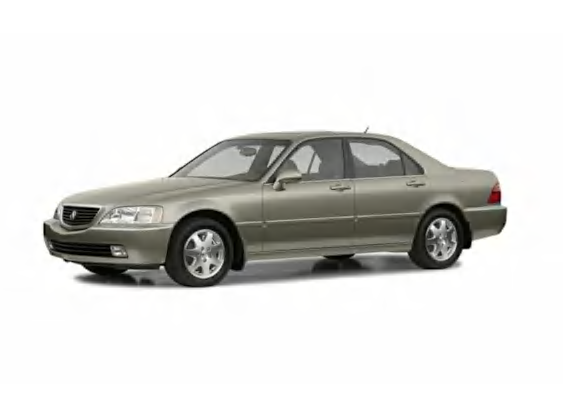Acura RL
Reliability
Reliability indicates how models have performed in the past, providing the basis for predicting how the vehicles will hold up in the year ahead. These charts provide the most comprehensive reliability information available to consumers. Based on information received from our latest subscriber survey, our reliability history charts give you a rundown on how used vehicles are holding up in 17 potential trouble spots, ranging from the engine, transmission, and brakes to power equipment and the electrical system.
2000 Sedans & Hatchbacks Reliability
Acura vs. Other New Car Brands Reliability
No Detailed Data Available
Consumer Reports obtains its reliability data from a questionnaire that is sent to subscribers. In the questionnaire, we ask subscribers to note any problems with their cars that occurred in the past 12 months. They are asked to identify problems that they considered serious (because of cost, failure, safety, or downtime).
A typical model has about 200 to 400 samples for each model year. For some model years, typically those of older or less popular cars, we do not have a large enough sample size to provide results of statistical confidence.
There are several ways in which a savvy car buyer can still research the quality of a car.
Learn more about Car Brands Reliability
Learn How To Avoid A Lemon Car

















